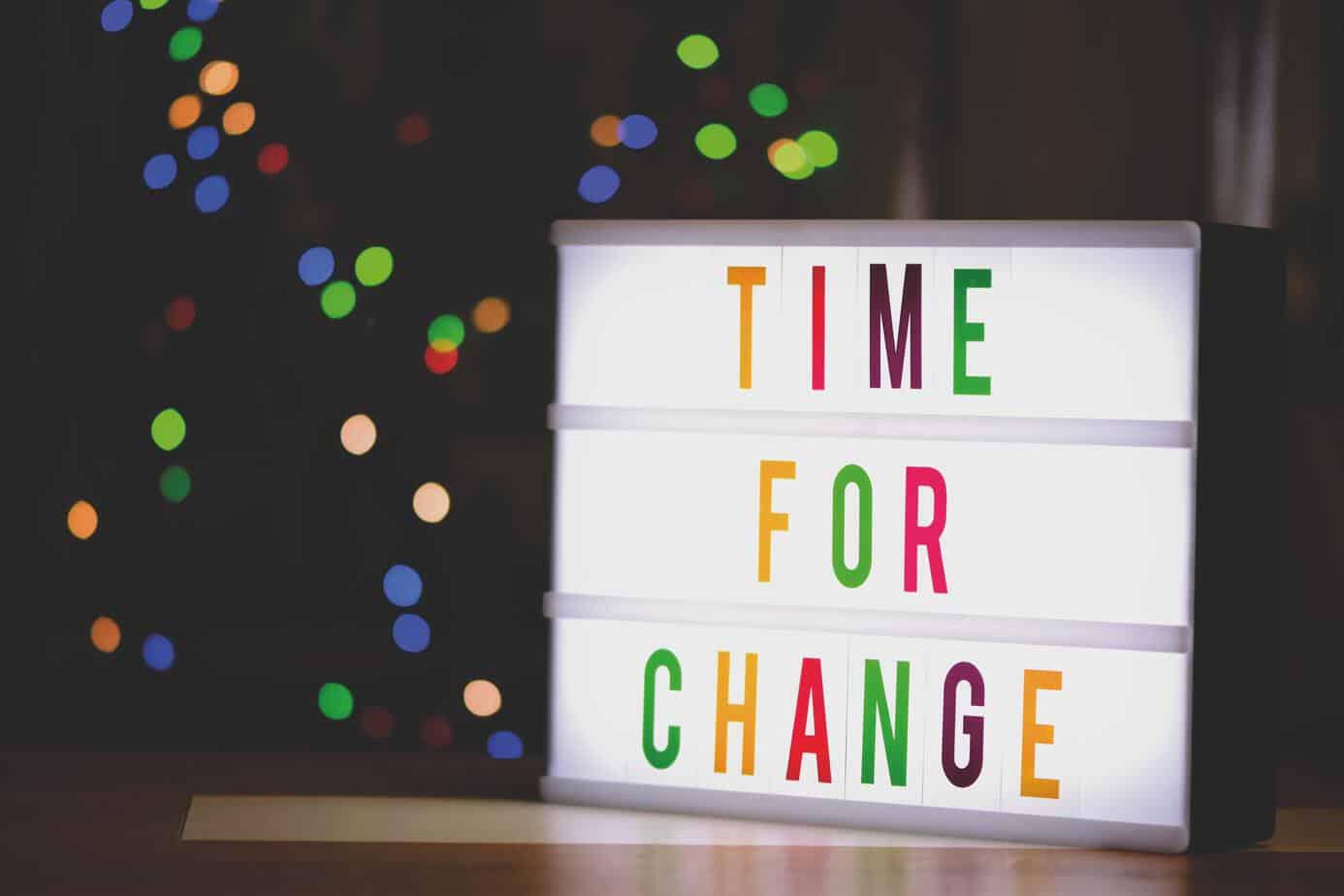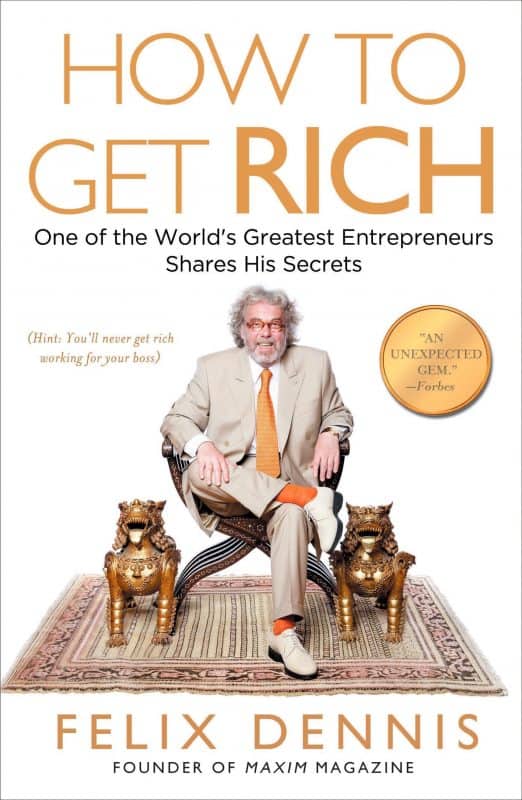I started reading books at a very young age. As far as I remember, I always had a pile of them on my nightstand, and that’s still the case.
But reading when you’re a kid vs. reading when you’re an adult are two different experiences.
See, I always liked the fantasy genre — Lord of The Rings, Harry Potter, etc. For a little kid, a world of magic and adventure is all he can ask for. These were the books I’d devour most of the time.

One summer, while helping my parents move some stuff out of the basement, I stumbled upon a box filled with my mother’s old books. She’s a bibliophile like me.
But I didn’t find Robert Jordan, Sanderson or Rowling in there. I found Goethe, Nietzsche, and Tolstoy.
A whole new world opened up in front of me. This time, this world had nuance, complexity, and a direct relationship with our reality.
Up until this point, I never thought of books as tools for self-improvement.
I was reading for entertainment. I couldn’t fathom that a bunch of papers glued together could change your life.
Obviously, I was wrong. Right now, I can list seven books from the top of my head that added something valuable to my life.
And this is precisely what this post is about. I aim to recount the books that changed my life and perhaps will do the same for you!
How Books Can Change Your Life?
Of course, people are complicated. Not everyone may see the value in some of these books depending on where you are in your life right now.
And that’s totally fine!
We all need different things in different stages of our journey.
This is why I didn’t write “books that will change your life”. All of them have the potential to do so, though.
The most important thing is to apply the lessons. Reading them is just the beginning!
7 Books That Changed My Life
You’ll notice that I’ve listed a lot of different and seemingly out-of-place books, including genres like:
- Fiction
- Finance
- Self-Improvement
- Philosophy
- Marketing
The world is fascinating and multidimensional. To fully grasp our reality, we have to consider all points of view.
I even dare to say that this will probably be the most interesting book list.
Let’s start!
1. The Millionaire Fastlane by MJ DeMarco
Following Maslow’s hierarchy of needs, if you truly want to ascend the pyramid, you need to get your finances in order.
That means having a steady 9-5 job, keeping your expenses to a minimum, and saving 10% every month… right?
Well, this is what I thought I had to do. When I was a broke college student, I scoured the interwebs to find ways to survive.
Back then, finance blogs were saying things like “don’t drink Starbucks coffee and you’ll save $2000 per year”.
When I found MJ’s forum (and read his book), my mindset completely changed. You won’t find the typical advice you’ll get from most goo-roos.
“The Millionaire Fastlane” offers paradigm-shifting ideas about wealth and value. These ideas are unintuitive and go against pretty much everything we’ve learned in school about money.
Once you finish reading it, the way you make decisions and your worldview as a whole will drastically change. They did for me
2. Cashvertising by Whitman
This isn’t a book about marketing and advertising. This is a practical manual about influence and propaganda.
I’m a copywriter by trade. I work in advertising so when I bought this book, I expected to read the same ole theoretical fluff about marketing.
Instead, I found no-bs and to the point methods and tactics about persuasion. The author has a deep understanding of human nature based on real-world data.
We are constantly bombarded with ads, promotions, and whatnot. Knowing the underlying mechanics could perhaps shed some light to your consumerism habits.
I, for once, will think twice about buying a product when I see the price tag $99 (you’ll learn why once you read the books 😛 )
3. 48 Laws of Power by Greene
Oh, “The Prince” of the 21st century.
Back in 2014, a weird trend emerged in the dank corners of the internet. I was lurking in some obscure self-improvement forums, and I noticed many people talking about “dark triad traits,” Machiavelli, etc.
For some reason, they were implying that manipulation and deceit were the only way to get ahead in life. Obviously, this is a false dichotomy. But, it’s true that these kinds of people indeed exist in the world.
Nevertheless, I was intrigued by the concept, so I bought the infamous canon for all things sociopathic.
It’s a big, thick book with 100s of cautionary tales about people who were the victims of plots and conspiracies.
Allegedly, you can use these Laws to your advantage — a “How To Win Friends And Influence People” but on steroids.
My opinion? Robert Greene wrote a book to help people defend themselves. Recognize when they’re being played and fight back!
Because, according to him, everyone is playing the game of power, even when they don’t want to.
4. The Power Of Now by Tolle
OK, we’re moving away from the mundane side of life. And what’s the best way to do that?
Well, the Power of Now is perhaps the best introduction to the concept of “living in the moment.”
While many critics claim that it’s a mix of different eastern philosophies, mainly that of Zen Buddhism, I think it offers a different perspective.
To be more specific, the author has the unique ability to make you experience what he’s teaching you, right there and there.
Instead of reading a book and absorbing the information, you’re actively engaging with the material, practicing the methods and principles while you’re reading them.
Many people report a profound sense of bliss after finishing it.
I think it’s one of those books you have to read over and over again, especially when you need it. And you’ll know when you need it.
5. The Red Book by Jung
A word of caution: This book will attempt to rewire your brain. I suggest you read it when you feel you’re ready. It’ll test your mental endurance.
Jung is a controversial figure, to say the least.
His ideas have permeated our culture to the point they’ve become common knowledge. “The Red Book” is a mosaic of these ideas.
If you’re ready to confront your shadow and find the deeply rooted beliefs that have made you who you are, then you might try to read it.
I know, I’ve been dramatic, but Jung has a real, tangible effect on your psyche. You shouldn’t take that lightly
6. Thinking, Fast And Slow by Kahneman
I remember “stealing” that book from one of my good friends
To be fair, I borrowed it, but I had to read it a couple of times to comprehend its ideas.
(If you are the friend and you’re reading this, I promise you, I just want to re-read some sections, and I’ll return it!)
Honestly, I presumed I would dislike this book. Everything screamed pseudo-psychology and pop culture gimmicks.
Oh, I was so wrong. The thing with Kahneman is that he’s a good scientist AND a good author. He doesn’t merely throw data on a page and call it a day.
He tries to explain things thoroughly without boring the reader. The anecdotes are also fascinating and will help you understand the concept of fast thinking and slow thinking even better.
It’s probably the best popular science book out there
7. Atlas Shrugged by Rand
It’s the only book you can characterize as “edgy” without being sarcastic.
I bet the majority of you know this one. Perhaps you read it in college or high-school. Now, I invite you to re-read it with an open and more mature mind.
It was published in 1957, and ironically it was shunned by most critics but praised by the general public later on.
In the age of free information and technological advancement, Ayn Rand’s philosophy is not only relevant but very necessary to comprehend the ever-changing landscape.
Up until now, modernity championed the individual and his achievement. But, in my opinion, I see that this is changing.
The values expressed in “Atlas Shrugged” could be very important in the coming years. Just a thought.
Honorable Mentions
I can’t possibly fit in this list all the books that have in some way contributed to my life.
And that wasn’t my goal, to begin with. As I said, every person is different and needs different things in their lives.
So, instead of writing another generic and boring book list, I figured I’d attempt to dig deeper and find what caused a change in my life.
That said, my list would be incomplete without mentioning these five classic self-improvement books:
1. The 7 Habits Of Highly Effective People
Perhaps one of the most “revolutionary” self-help books that focused on long-term strategy (vs. short-term tactics). It laid the foundations for other authors to write about profound, inner work instead of trite advice.
2. 4-Hour Workweek
The
3. The Subtle Art Of Not Giving A F***k
The author subverts common attitudes about self-improvement and gives the middle finger to social pressure. The ability to not give a f***k is a superpower.
4. How To Win Friends And Influence People
The OG of self-improvement. Even though most of the ideas are hardly original anymore, Carnegie remains an abundant source of information.
5. How To Get Rich
Straightforward, old-school, and provides relevant knowledge about wealth creation. Notice the boldness of the title. Not “think positive and get wealth” — straight up how to get rich.
How To Utilize This List?
There’s a point of diminishing returns when it comes to self-improvement. You could read 100s of books and yet accomplish nothing.
If you don’t apply what you learn, then what’s the point, right?
One thing that helped me and perhaps could help you as well is:
- Read one book
- Choose one thing from this book
- Apply it to your life for one month to see if there are positive results
It’s a straightforward formula that forces you to be diligent and thoughtful about the books you read.
Lastly, keep in mind that this is a marathon, not a race. You can’t force change; you can only accept it. These books are a guide, a tool, and not the destination itself.
Have you read any of the books I’ve listed? Please do share some of the books that changed your life. I’m curious to know!
About the Author
George Kourakos is an ad-man by day, a writer by night. He is a mathematician with a creative side. Working full time as a copywriter, George wants to explore his creative side by writing about his favorite topics.















